Looking at ecological and economic realities, time has come for demanding a new development model, one that fits our time and circumstances. The current model – the economy in particular – was designed and developed in an empty world, with a population between 1 and 2 billion people. Today the world is full, with a population soon to reach 8 billion. We have to change our thinking as well as our economic doctrines to avoid a collapse of the ecosystem and the global economy. This is one of the main conclusions in my new book – Come On!, co-authored with Ernst von Weizsäcker, in the form of a report to the club of Rome.
Our new book with contributions from more than 30 members of the Club of Rome is prepared for the Club’s 50th Anniversary this year. It is a follow-up of the Club’s landmark report The Limits to Growth that was published in 1972 and sold over tens of millions of copies.
The Limits report remains a cornerstone of the Club’s philosophy. The book’s central message, much criticised since, is that the quest for unlimited growth in population and material goods on a finite planet is not possible and would eventually bring the economic system down. Regretfully, a number of independent studies have shown that the original predictions in the Limits report correspond too well with trends observed in the more than forty years that have passed since. A distinction should be made, however: While the availability of some critical resources, such as top-soil, phoshporus, marine resources and rare earth metals, gives cause for concern, the most problematic issue seems to be the capacity of natural systems to deal with the pollution and other damages that our consumption is creating. The “sinks” have emerged as the most critical concern.
Our new book, Come On!, is hard stuff. It will not be easy to digest. Politically, it is very uncomfortable.
Come On! offers an update to the Limits report. In addition, it addresses a host of new challenges such as climate change, irresponsible financial markets, the digital economy and other disruptive technology trends, an increasingly skewed distribution of income and wealth and the crisis of democracy. We also question the viability of the UN’s Sustainable Development Goals. Not the goals as such, which are worthy, indeed. Rather the fact, whether they can be attained, based on the current policies and way of thinking. In our assessment, the environment goals – SDG’s 13, 14 and 15 – risk being crushed by conventional growth policies of a linear economy.
Responsible stewards of Spaceship Earth
The Club of Rome has always been conscious of the philosophical roots of human history. Among the most valuable scripts is Kenneth Boulding’s The Meaning of the Twentieth Century saying (in short) that the meaning is the responsible stewardship of Spaceship Earth. His book was labelled one of the five ‘prescient classics that first made sustainability a public issue (by Adam Rome in Sustainability: The launch of Spaceship Earth published by Nature 527, on pages 443-445).
But already at the time when Boulding wrote his book, there were experts from different fields who saw that this kind of stewardship would be increasingly difficult under the conditions of the full world. That became the key message of the Club of Rome during its early years. The point was made that humans cannot become successful stewards of Spaceship Earth with development ideals, scientific models and value sets that were shaped at a time of the empty world when the bounty of natural resources on this Earth seemed endless, i.e. during the time when the European Enlightenment unfolded and the Americas looked like places where settlers and entrepreneurs could endlessly find new space to use.
Today, and since several decades, we are living in a full world. The limits are tangible, palpable in almost everything people do. And yet, 45 years after the Limits to Growth became a public issue, the world still tracks along the ‘standard run’ of the 1972 Limits model, representing the business-as-usual development stemming from an empty world. But, as already emphasised, a host of studies has recently supported the Limits’ predictive relevance. A new term illustrating the phenomenon and refining it is that of the planetary boundaries introduced by Johan Rockström and Will Steffen et al. in Nature 2009.
When the Limits report was published, many people, notably in the political domain, feared that the implication would be that humanity had to give up on prosperity and agreeable life styles. But that was never the main proposition by the Club of Rome. Our main concern was the growing footprint of mankind and the fact that economic activity must assume radically different forms. But almost fifty years have passed, and exponential growth of population as well as production and consumption has made the equation even more difficult to solve. It is hard to see how material growth can continue to be the overriding objective for development in the industrialised countries. Both with regard to “sinks” and “sources” the rapidly increasing demand in developing countries has to be taken into account. They have a right to development and, as is evident when it comes to GHG emissions and the overuse of marine resources, the rich countries already occupy a large part of both the sink and source capacities.
Changes take time
Why has it been so hard to change our old habits and trends? Well, changing habits depend on changing mindsets. That was the experience from the European Enlightenment. That courageous process took roughly two centuries, the 17th and 18th century, and served as a great liberation from authoritarian rules and narratives defined by the Crown and the Church.
The Enlightened transformation was successful because it championed human reasoning and rational change through the application of the scientific method. The Enlightenment established the ideals of individual freedom, economic growth and technological innovation that had barely existed before in European society. The concepts of democracy and the separation of powers brought political influence to many more men (only few women) or their elected representatives. Innovators, entrepreneurs and merchants were allowed to flourish and to become a new ‘aristocracy’, this time legitimated by their own work, not by royal families. The Enlightenment was experienced by most people in Europe as an extremely welcome development.
However, there were dark sides to it, as well. European colonialism with all its arrogance and cruelty found almost no critique among the intellectuals of the Enlightenment. The misery of the working class and impoverished peasants, to say nothing of the colonised indigenous peoples all over the world, was hardly noticed in bourgeois circles. No comprehension was visible of the equal value of women and men. And unrestrained growth was perceived completely legitimate.
Need for a new Enlightenment
The story continues. Global population rose from one billion in the early 19th century to some 7.6 billion today. In parallel, per capita consumption of energy, water, space and minerals have also been growing. This twin development has catapulted us into the full world.
Looking at ecological and economic realities, the time has come for demanding some kind of a new Enlightenment, one that fits the full world. Growth may no longer be automatically related to better everyday lives, it can actually mean quite the opposite. This simple but fundamental difference between the 19th and the 21st centuries must lead to a fundamental change in our assessment and valuation of technologies as well as the rules and incentives governing both the economy and our institutions.
Economic theory must be updated to adapt to the conditions of the full world. It is insufficient to incorporate environmental and social concerns by translating them into mere monetary expressions of capital. Nor is it sufficient to simply refer to various forms of pollution and ecosystem decline as ‘externalities’ – the notion being that what is at stake is some marginal disturbance. Furthermore, it is high time to do away with the notion of “homo economicus”, i.e. that human beings are only interested in maximising their utility, often at the expense of nature. Lastly, but not the least, time should be over when linear economic models are applied to non-linear ecosystems and the climate system.
Luckily, some (rare) historical evidence confirms that in mature stages of development, human happiness can improve and be maintained while the consumption of energy, water or minerals stays stable or is even reduced. Economic growth and technological progress can be accompanied, if not accelerated by an increase of elegance and efficiency of resource use, possibly in a ‘cradle to cradle’ manner. For example, from the 18th century candles to LEDs, the output of light per input of energy has risen roughly by a hundred million-fold, allowing much more lighting convenience at much less energy consumption, even in the full world.
At this moment in time, however, nearly all the trends of resource consumption, climate change, biodiversity losses and soil degradation reflect the inadequacy and misdirection of public policies, business strategies, economic models and the underlying social values. If we look at the world at large, what we experience now is “resource recoupling” – not “decoupling” – meaning that the demand for natural resources is increasing faster than the economy is growing. At a more basic level, these prevailing trends also reflect the inadequacy of the system of education. The cumulative implications of these trends must oblige all of us to dramatically change the direction of progress and to work hard on the creation of a new Enlightenment. That new Enlightenment should reinvigorate the spirit of inquiry and bold visions, and a kind of humanism that is not in a primitive manner anthropocentric but allows also for compassion for other living beings, while incorporating far more attention to the long-term future. We need a better balance between man and nature, between the short term and the long term, between private consumption and public goods and between compensation for excellence and justice.
Our new book, Come On!, is hard stuff. It will not be easy to digest. Politically, it is very uncomfortable. It both requires and represents fresh and original thought and approaches. It should be an invitation to readers to join on a fascinating journey of developing and testing novel approaches of making the full world a sustainable and prosperous one.
“Come On!” is primarily offered as an E-book.
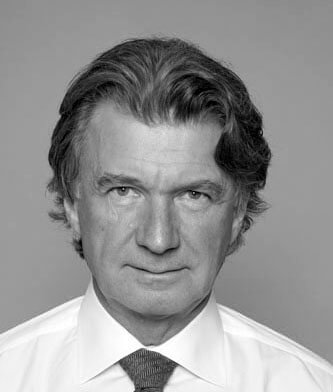
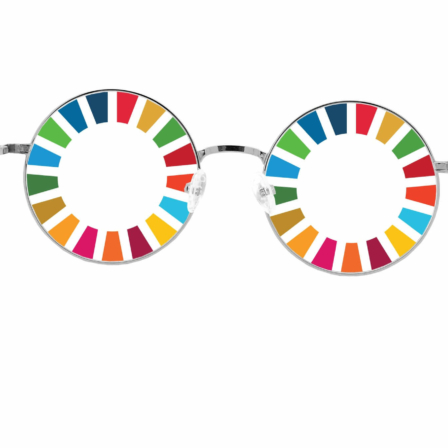
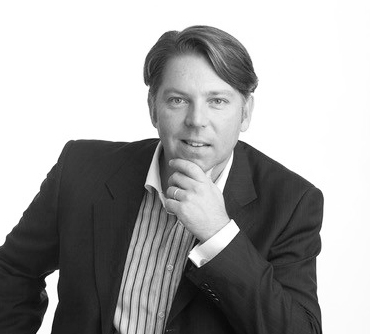

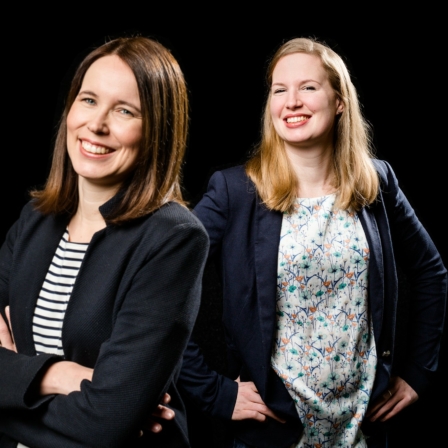





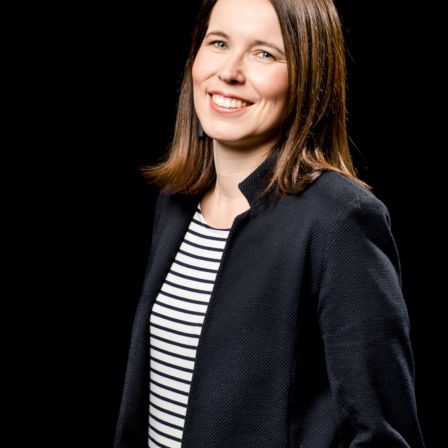
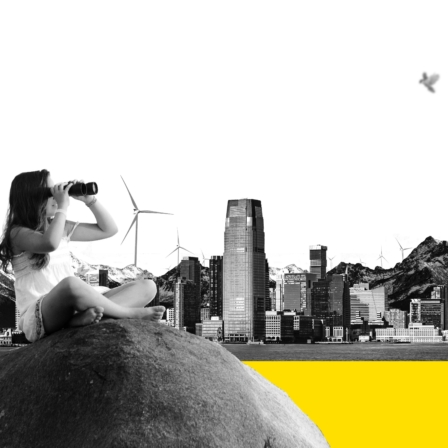
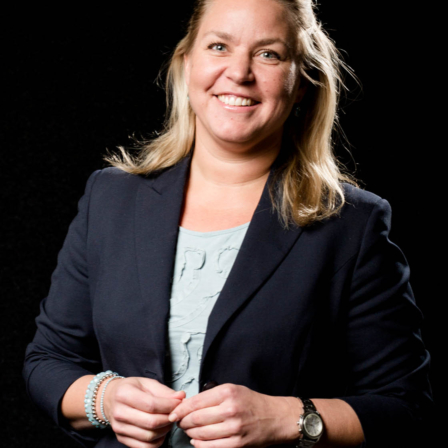




Recommended
Have some more.